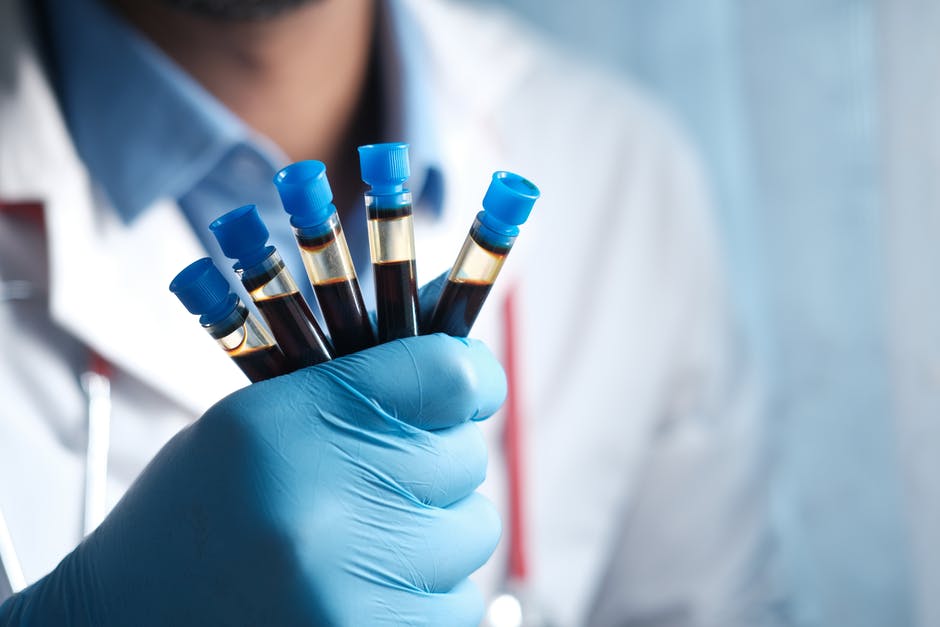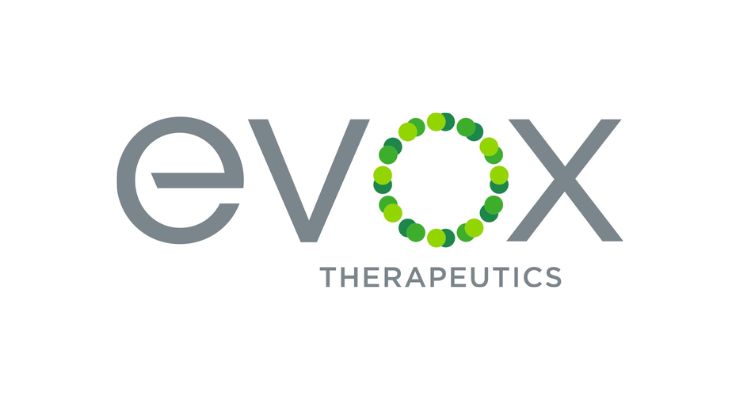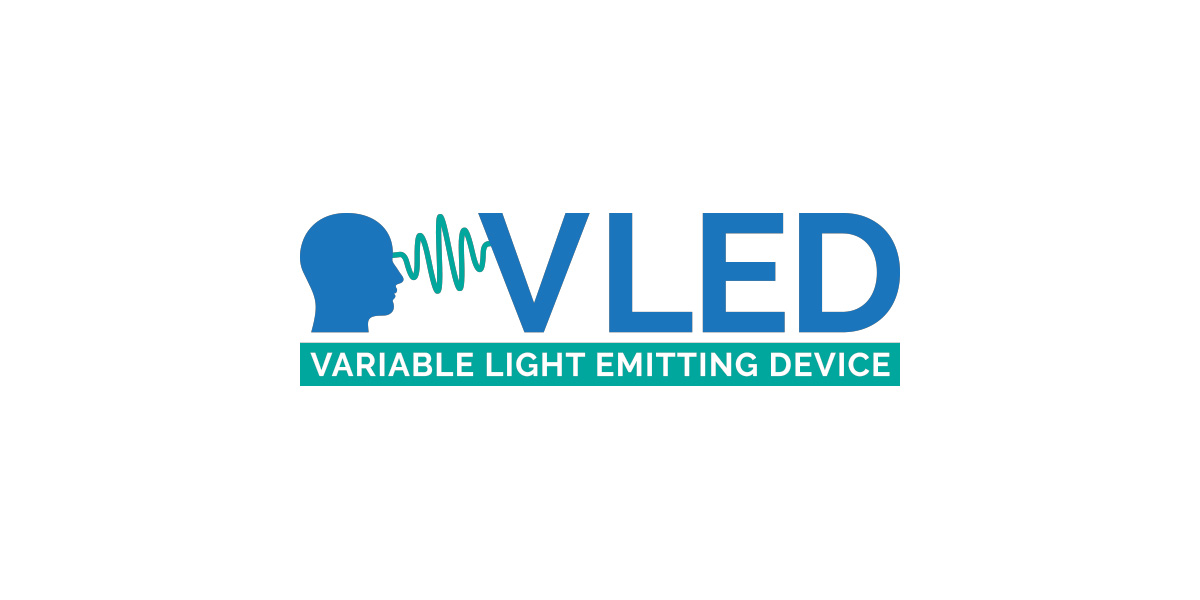While inflammation is a normal part of the immune system, many people struggle when it becomes chronic. This condition can cause many potential health issues over a person’s life. This can even include increasing the likelihood of cancer developing.
So, what options are there to either manage or treat such a condition so that a person can live a more normal life?
This article will help you understand the ins and outs of chronic inflammatory response syndrome and its treatments. Learn more about the diverse health improvement therapies available from Harvest Health Center.
HHC offers diverse syndrome management solutions that can benefit you or a loved one. Discover the best chronic illness treatment options for you or a loved one with the Harvest Health Center in Houston, TX, today.
Signs and Symptoms of Chronic Inflammatory Response Syndrome (CIRS)
Chronic Inflammatory Response Syndrome (CIRS) is a lifelong condition that causes the immune system to remain in “fight” mode, acting as though it is trying to resolve a threat to the body. While the body’s immune response will not target the body itself, it will continue to release signals that there is still a danger present. Inflammation will spread throughout the body and persist even after the initial danger has passed.
In the short term, this can cause some minor pain, but the body’s excessive response can also lead to tissue damage, including in the body’s vital organs. In extreme cases, the immune system may even become overactive or misdirected. This can lead to autoimmune conditions where the body attacks itself.
As such, watch out for the following signs in yourself or a loved one:
- Persistent fatigue or a lack of energy
- Muscle pain
- Joint discomfort
- Memory loss
- Difficulty concentrating
- Frequent headaches
- Sensitivity to light
- Shortness of breath or other respiratory issues
These symptoms can lead to many difficulties. Both chronic fatigue and joint discomfort can make it very difficult to engage in physical activities, for example. At the same time, difficulty concentrating can have a huge impact on both daily tasks as well as long-term decision-making.
The body will also have more difficulty filtering out harmful toxins, allowing them to remain longer than usual. This can mean they cause additional harm over time.
As such, Chronic Inflammatory Response Syndrome can trigger a significant amount of emotional distress in its victims and reduce the sufferer’s quality of life. If you are experiencing these signs, or you know someone who is, you should speak to a medical professional.
Causes of Chronic Inflammatory Response Syndrome (CIRS)
There are many triggers for this syndrome, and any one of them could have a similar effect on the body. Some of the most common ways this can come about include:
- Exposure to mold or toxins in the environment
- Tick bites that contain certain bacteria
- Environmental hazards such as bacteria-filled water sources
- Chronic infections like the Epstein-Barr virus
- Interacting with some pesticides or heavy metals
The potential for each of these to trigger Chronic Inflammatory Response Syndrome means that it is important to always be aware of the possibility of it occurring.
In some cases, specific genetic markers can make a person more susceptible to Chronic Inflammatory Response Syndrome. Genetic testing can identify these markers and help with early diagnosis.
Several lifestyle factors can also worsen an existing case of Chronic Inflammatory Response Syndrome, such as a poor diet or unhealthy habits.
As these causes are varied, you must be careful about making assumptions about your health. If you do not yet have a diagnosis, your best bet is to discuss the issue with a health clinic. They can book you an appointment with the intent of advising you on your next steps.
How Chronic Inflammation Can Lead to Cancer
It is important to understand that Chronic Inflammatory Response Syndrome can lead to significant health risks. Chronic inflammation can stop the body from handling otherwise normal conditions.
Inflammatory cells can also produce harmful chemicals, such as reactive nitrogen species (RNS) and reactive oxygen species (ROS). These molecules can damage cell components (including DNA) leading to mutations and cancer.
With an environment that is conducive to the production of cancerous cells, treatment is also less likely to succeed. Cancerous cells are more likely to grow and survive, which may even lead to metastasis where the cancer spreads across the body.
This extreme scenario makes it clear why it’s important to seek out the best treatment or therapy for Chronic Inflammatory Response Syndrome (CIRS).
Exploring Potential Treatments for Chronic Inflammatory Response Syndrome at Harvest Health Center
There are several possible treatments available that you can look into as part of your response to Chronic Inflammatory Response Syndrome. Each has a different impact and may be recommended for varied reasons:
Infiniti Matrix Stem Cells
The health professional will start with an initial consultation. After this, stem cells will be collected, usually from the patient’s umbilical cord.
These cells act as building blocks, allowing clinicians to promote the regeneration of damaged tissue.
The clinic will then inject these cells into the affected areas, where they will home in on an injury or inflammation. There, they will develop into cells matching those of the area and start to release molecules that promote the growth of healthy tissue.
Stem cells can also interact with many different immune cells, such as T cells. They then help to modulate the immune response in the body and, in many cases, can help to reduce the inflammation a person suffers from.
Not only will this reduce inflammation, though. Stem cells have the potential to also reverse the impact inflammation has already had on your body.
Ozone Therapy
After determining if ozone therapy is suitable for a specific patient, a doctor will draw a small amount of the patient’s blood. They can then mix this with ozone and return it to the patient’s body.
As the ozone moves around the body, the patient’s body will reduce the number of inflammatory cytokines it creates. At the same time, it will boost the production of other cytokines which have anti-inflammatory benefits.
This can have a fast effect on the individual, slowing their inflammation. In some cases, it may even help to regulate the immune system’s response over a longer period.
IV Therapy
When a person is not receiving enough nutrition, the Harvest Health Center can replenish their body with what they are missing.
This is not a single IV treatment, either. The clinicians at the Harvest Health Center can tailor the therapy to an individual’s specific needs. This helps to promote individual health instead of expecting everyone to respond the same to treatment.
One of the main ways this can help with Chronic Inflammatory Response Syndrome (CIRS) is with the use of nicotinamide adenine dinucleotide (NAD). This is an enzyme found in all living cells and it plays a part in prolonging the human lifespan. Using it as part of an IV therapy session can help to reduce inflammation and boost cell regeneration in the affected person.
Anti-Inflammatory Therapy
The HHC has developed methods to reduce inflammation by reducing Radical Oxidative Stress (ROS). This, alongside various other therapies, contributes to a holistic approach. As such, it can target Chronic Inflammatory Response Syndrome from many different directions.
HHC can work with you to integrate these different therapies into a personalized treatment plan with the best chance of success. During this process, they can also engage in cancer screenings to ensure the lowest risk of Chronic Inflammatory Response Syndrome having a more significant impact. Together, each of these steps ensures the biggest increase in patient health possible.
Pulsed Electromagnetic Field Therapy (PEMF)
PEMF therapy involves applying a pulsing electromagnetic field to stimulate the body’s cells. It helps to optimize their work in the body. This energy is non-invasive and uses the body’s natural processes to promote several benefits.
As PEMF enhances the blood flow in the body, it can serve to reduce inflammation by ensuring cells receive more oxygen and nutrients. PEMF also helps remove inflammatory waste products, increasing cell health.
Harvest Health Center’s Commitment to Your Health
Harvest Health Center’s philosophy is based on your holistic wellness. HHC uses innovative and cutting-edge therapies to promote overall health and well-being.
The expert medical team at HHC includes professionals who specialize in regenerative therapies. With a focus on personalized treatment plans and high-quality care, they ensure each patient’s individual needs are met.
The location also boasts state-of-the-art facilities as well as the latest technology. HHC offers advanced treatments not available in all other locations. For example, Infinity Matrix stem cell therapy and Research Genetic Cancer Center screenings.
Each of the above is a small part of the care that HHC has for patient well-being and exemplifies its intent to provide the best treatment possible.
Working With Harvest Health Center for a More Comfortable Future
Chronic inflammatory response syndrome is a significant concern for many people. It can have a deep impact on many areas of someone’s life. In the most extreme cases, it can even lead to cancer, which is why Harvest Health Center takes it so seriously.
Working with HHC means taking steps to ensure you have the healthiest life by starting you on a journey of inflammation management. If you want to know more, get in contact to schedule a consultation. Our compassionate staff are ready to talk to you today.









